It is important for Southeast Asia to address the affordability and accessibility of digital infrastructure and services to ensure digital inclusion for all, as more than one-fourth of its people still lack internet access, senior officials say.
"Despite advancements, the digital divide remains a major obstacle that stands in the way of a thriving digital future across the region," Nararya S. Soeprapto, deputy secretary-general of the Association of Southeast Asian Nations for community and corporate affairs, said at the Digital and Intelligent Asia-Pacific Congress in Bangkok on Monday.
"To address this critical challenge, we need to join hands for a coherent approach, bolstering digital connectivity and bridging the developmental disparities."
As the world's third-largest internet-based economy, ASEAN is home to more than 480 million internet users, of whom 80 percent are digital consumers, according to the ASEAN Statistics Division.
The value of ASEAN's digital economy reached $300 billion in 2022 and it is estimated to achieve $1 trillion by 2030.
"Forming stronger partnerships to enhance the region's human resources through digital re-skilling and upskilling initiatives is essential to addressing the major challenges in the digital divide," Soeprapto said.
At the event, Chinese tech giant Huawei unveiled several new services and products that will help build the Asia-Pacific region into a digital intelligence highland and a leading force in the global transformation to the digital and smart economy.
Yang Chaobin, president of Huawei's information and communication technology products and solutions, said the company will provide 74 smart solutions and services overseas by the end of the year, in a bid to boost sectors in need of smart control and management.
Soeprapto said he highly appreciates Huawei's contributions to the region's digital transition and highlighted several programs, including Seeds for the Future, which equips the youth with information and communications technology skills.
At the opening ceremony, Thai Minister of Digital Economy and Society Prasert Jantararuangtong said the partnership with Huawei is important to the kingdom's development goal.
"Thailand should enhance competitiveness and create a secure and confident environment for electronic transactions across all sectors," Prasert said.
However, the government cannot drive the aim without collaborating with leading private sector partners who have experience in global digital development, he said.
Last year, Huawei signed a memorandum of understanding with the ministry to provide support for AI development and talent cultivation.
"I believe that the congress will be a platform to ignite collaboration and ideas toward accelerating both development and transformation in the economy and society of the Asia-Pacific region," Prasert said.
Huawei's Deputy Chairwoman and Chief Financial Officer Meng Wanzhou sent her greetings via video to the event. She said Asia-Pacific is one of the most dynamic and promising regions in the world and a pilot region for developing the digital and smart economy.
"Huawei will continue to contribute our efforts and make more value for the region, and we look forward to cooperating with more partners," Meng said. "In the future, Huawei will keep boosting the digital transition in the Asia-Pacific region, benefiting its people via our technologies."








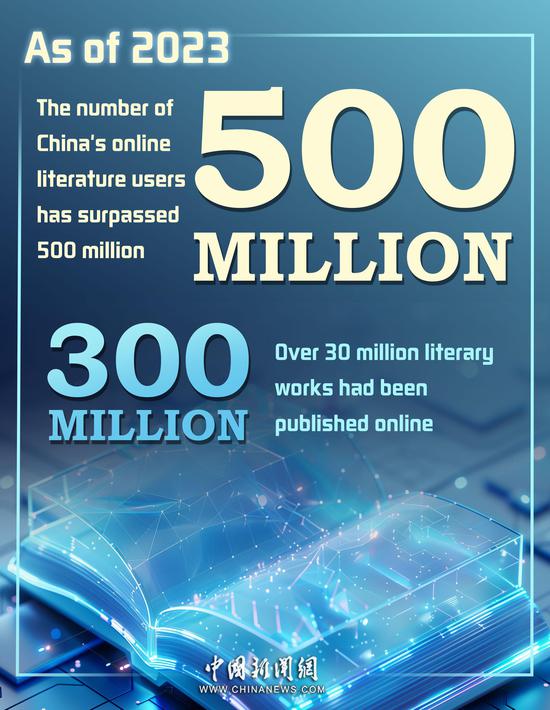
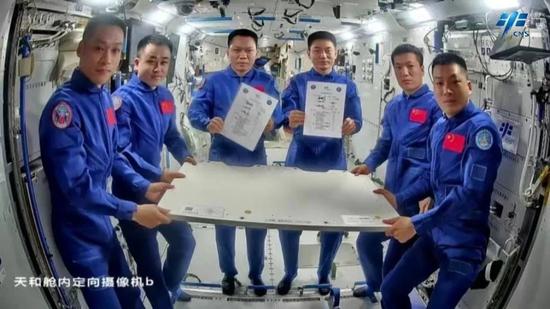
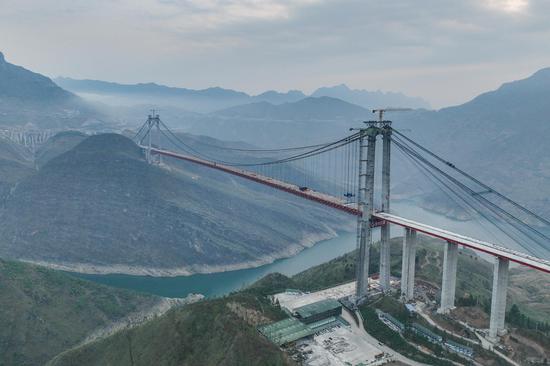


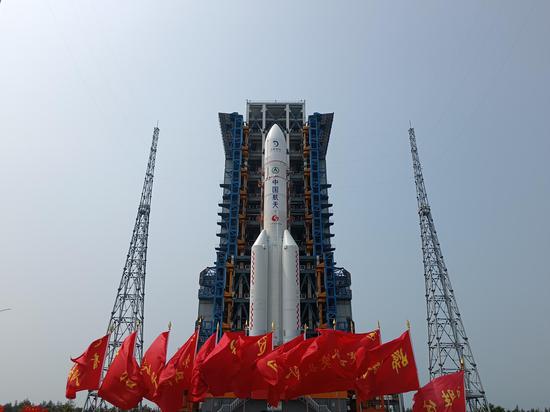

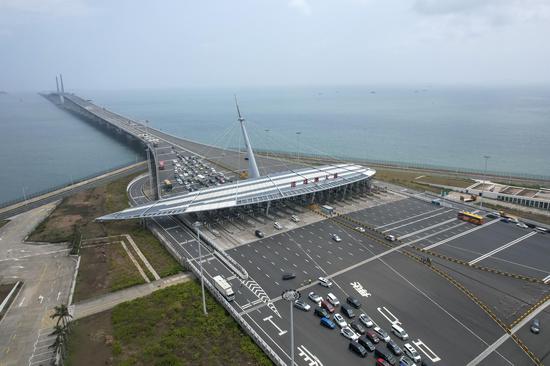

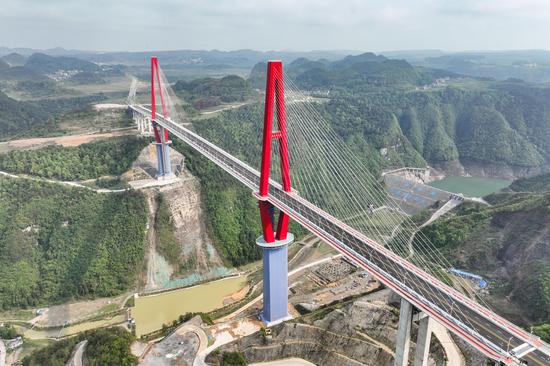
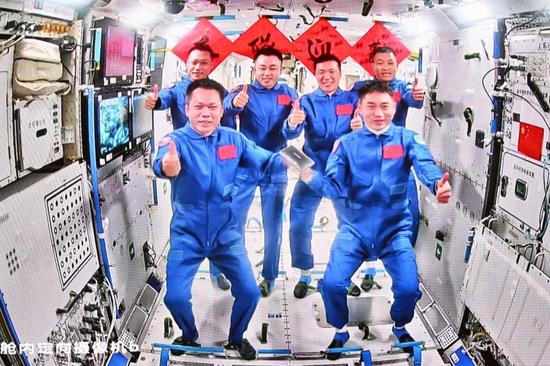
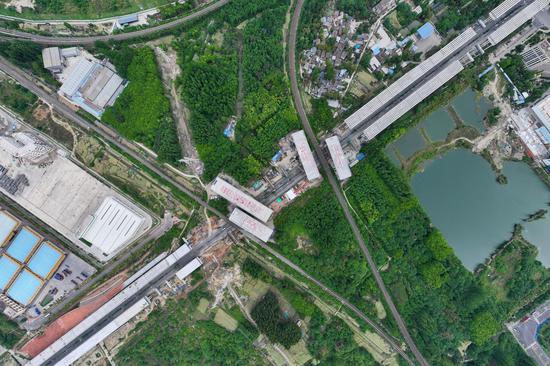


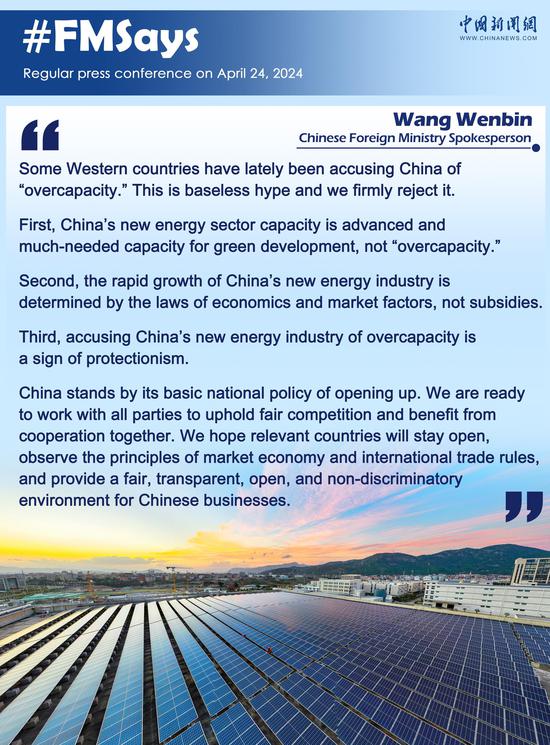
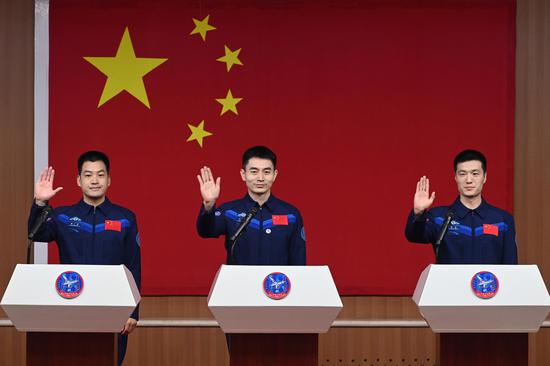
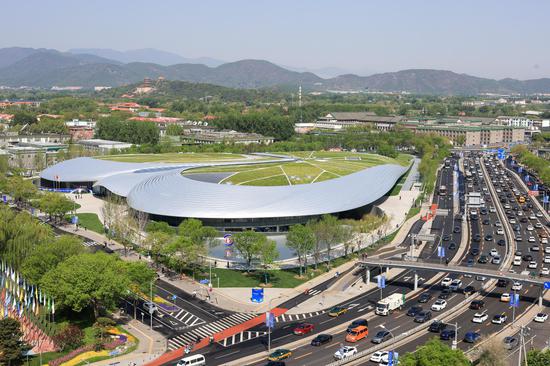

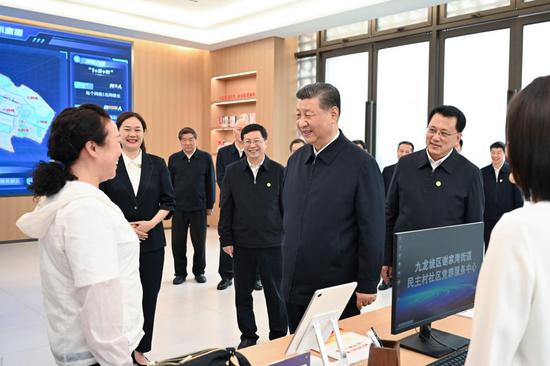

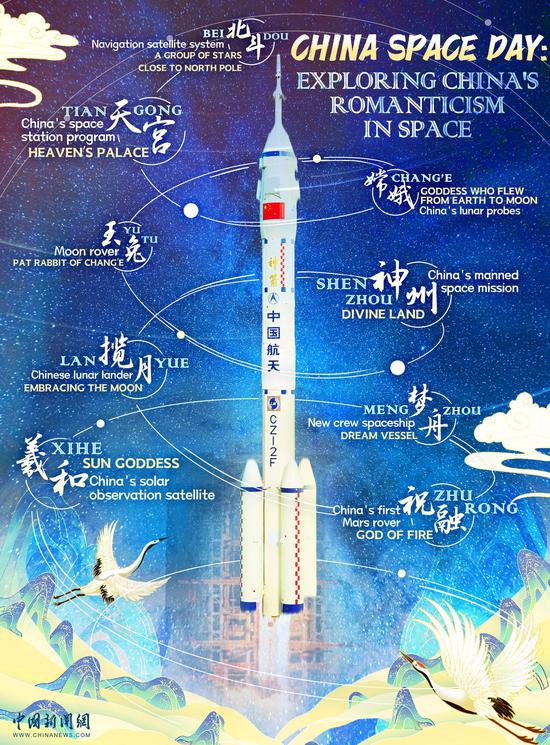
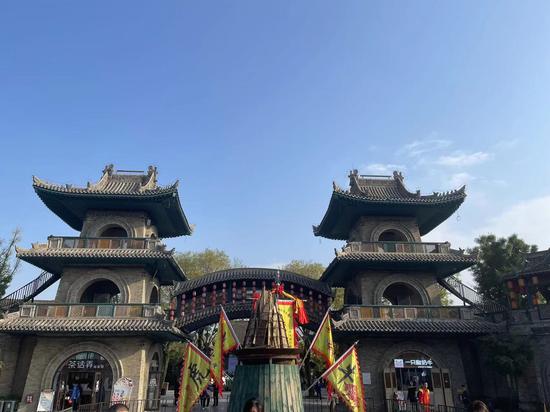



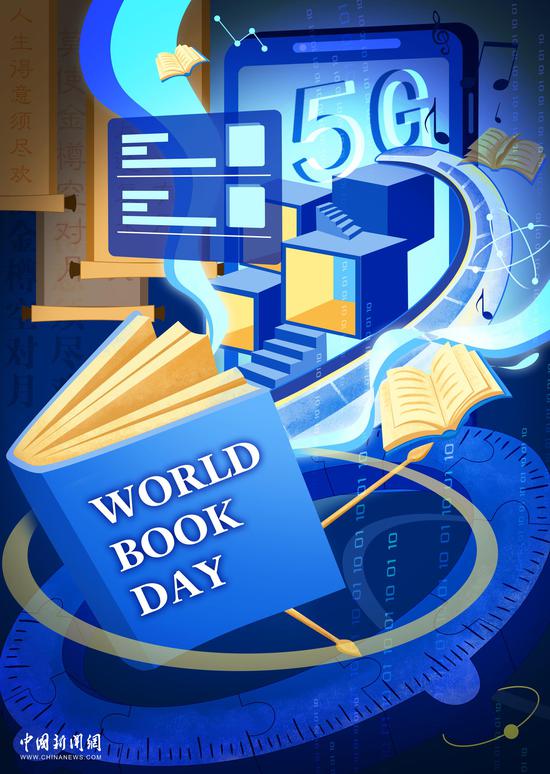


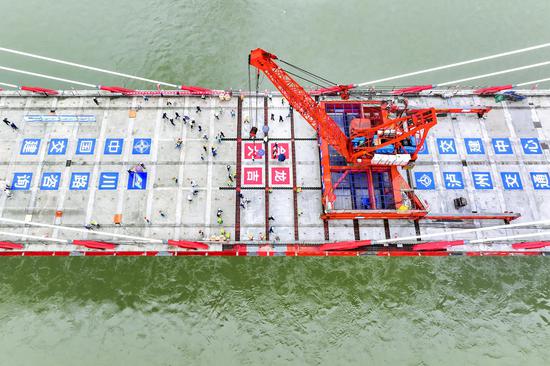

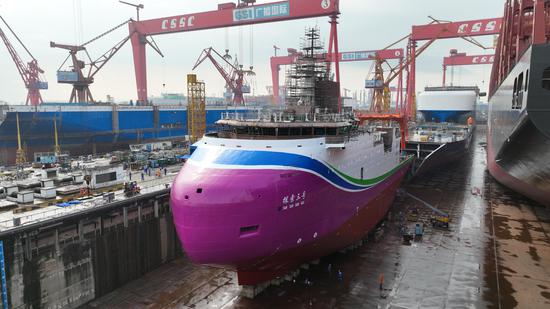



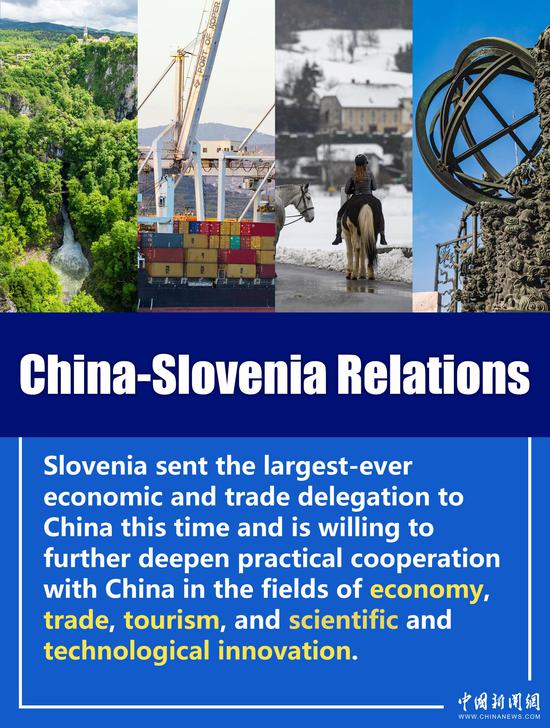
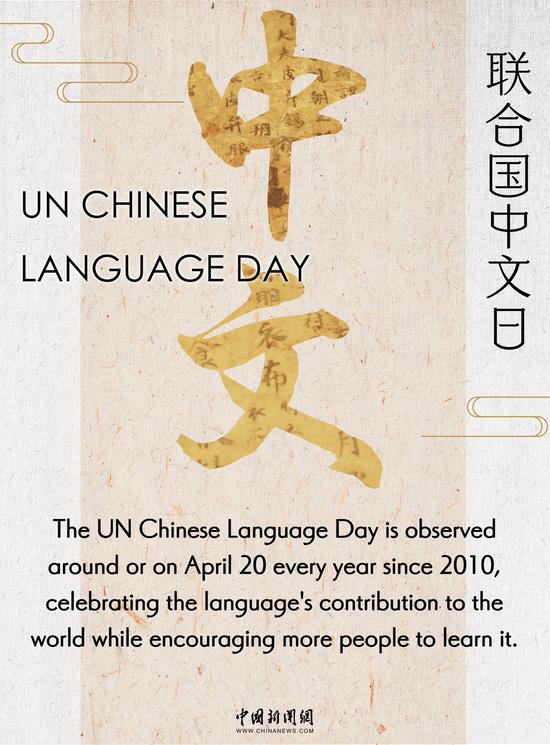
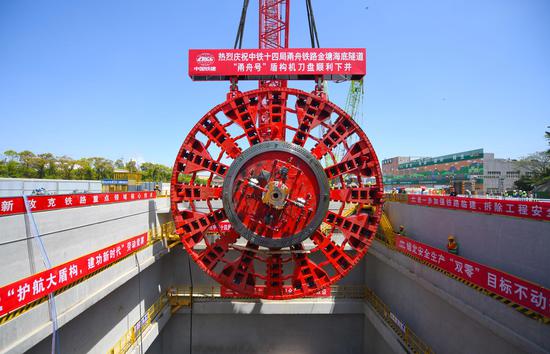

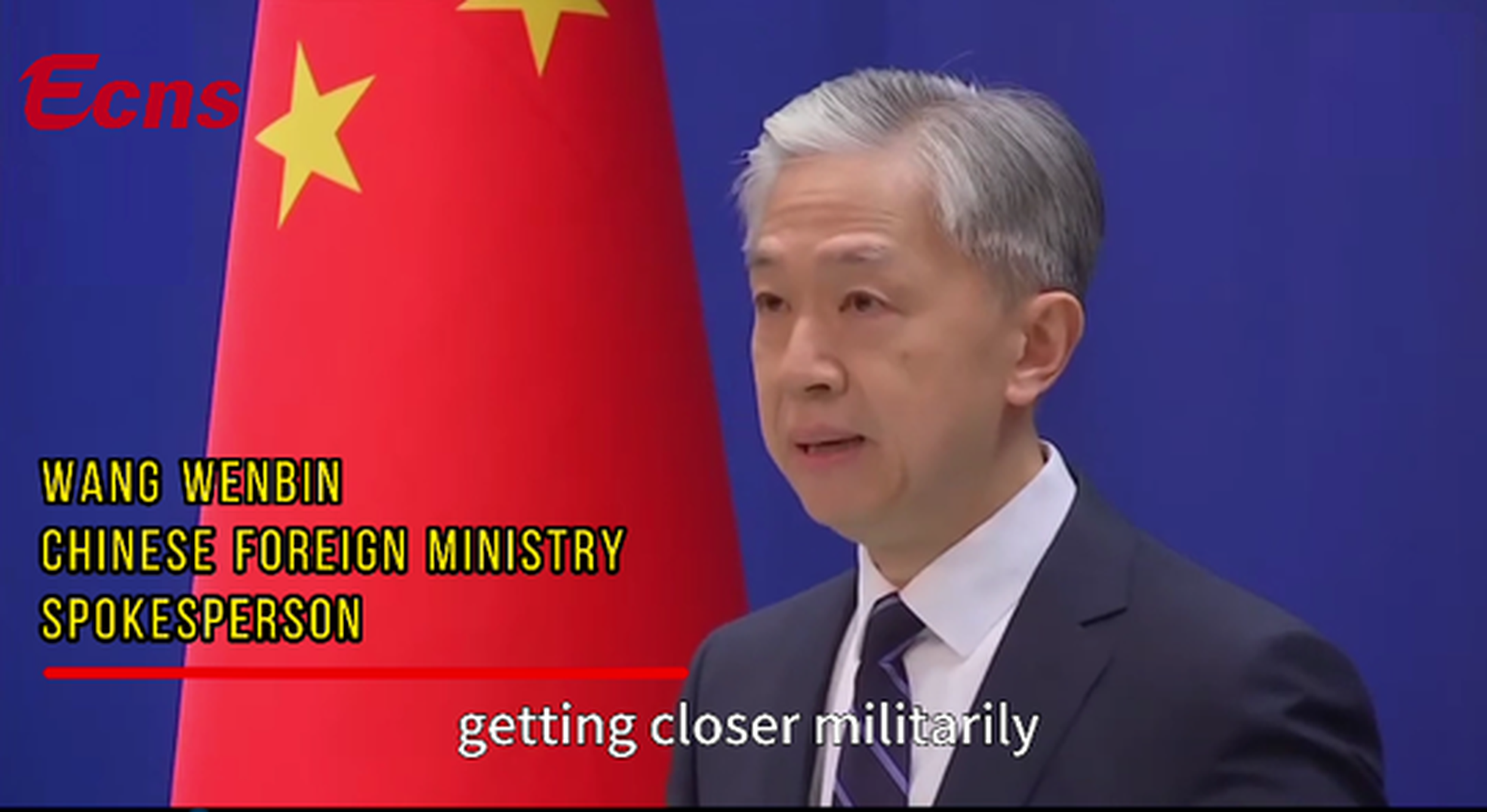



 京公网安备 11010202009201号
京公网安备 11010202009201号